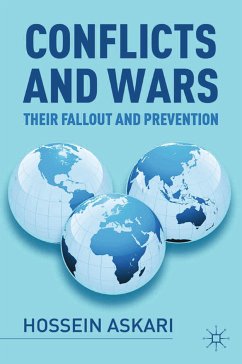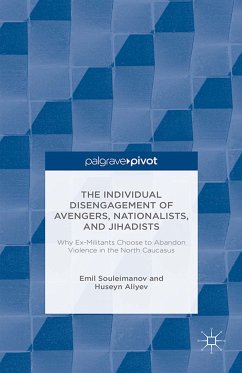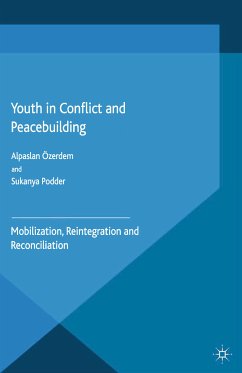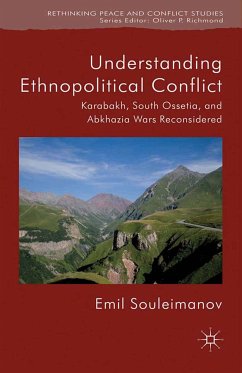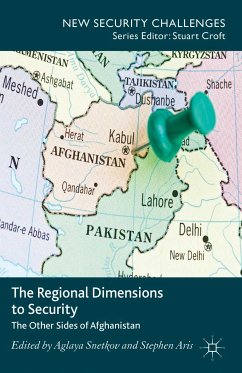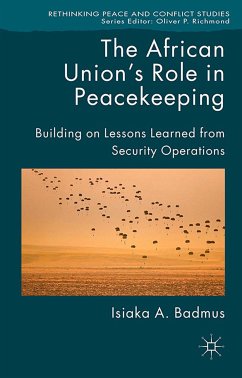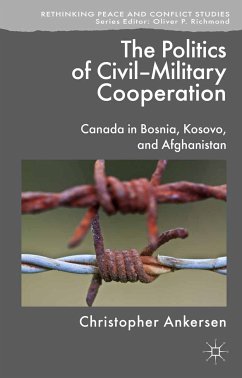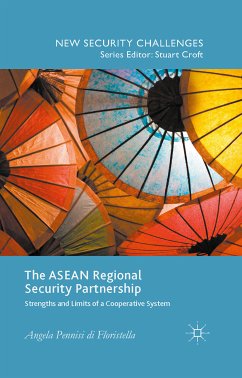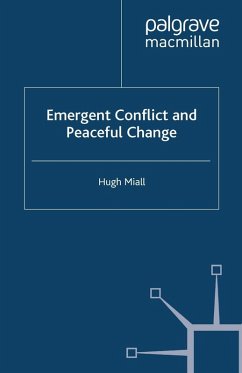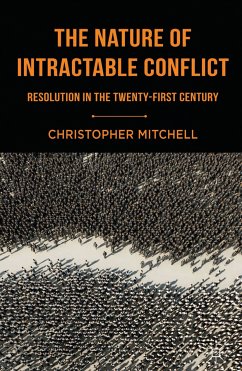
The Nature of Intractable Conflict (eBook, PDF)
Resolution in the Twenty-First Century
Versandkostenfrei!
Sofort per Download lieferbar
88,95 €
inkl. MwSt.
Weitere Ausgaben:

PAYBACK Punkte
44 °P sammeln!
Building upon Mitchell's earlier work, The Structure of International Conflict, this volume surveys the field of conflict analysis and resolution in the twenty-first century, exploring the methods which people have sought to mitigate destructive processes including the creative and innovative new ways of resolving insoluble disputes.
Dieser Download kann aus rechtlichen Gründen nur mit Rechnungsadresse in A, B, BG, CY, CZ, D, DK, EW, E, FIN, F, GR, HR, H, IRL, I, LT, L, LR, M, NL, PL, P, R, S, SLO, SK ausgeliefert werden.



